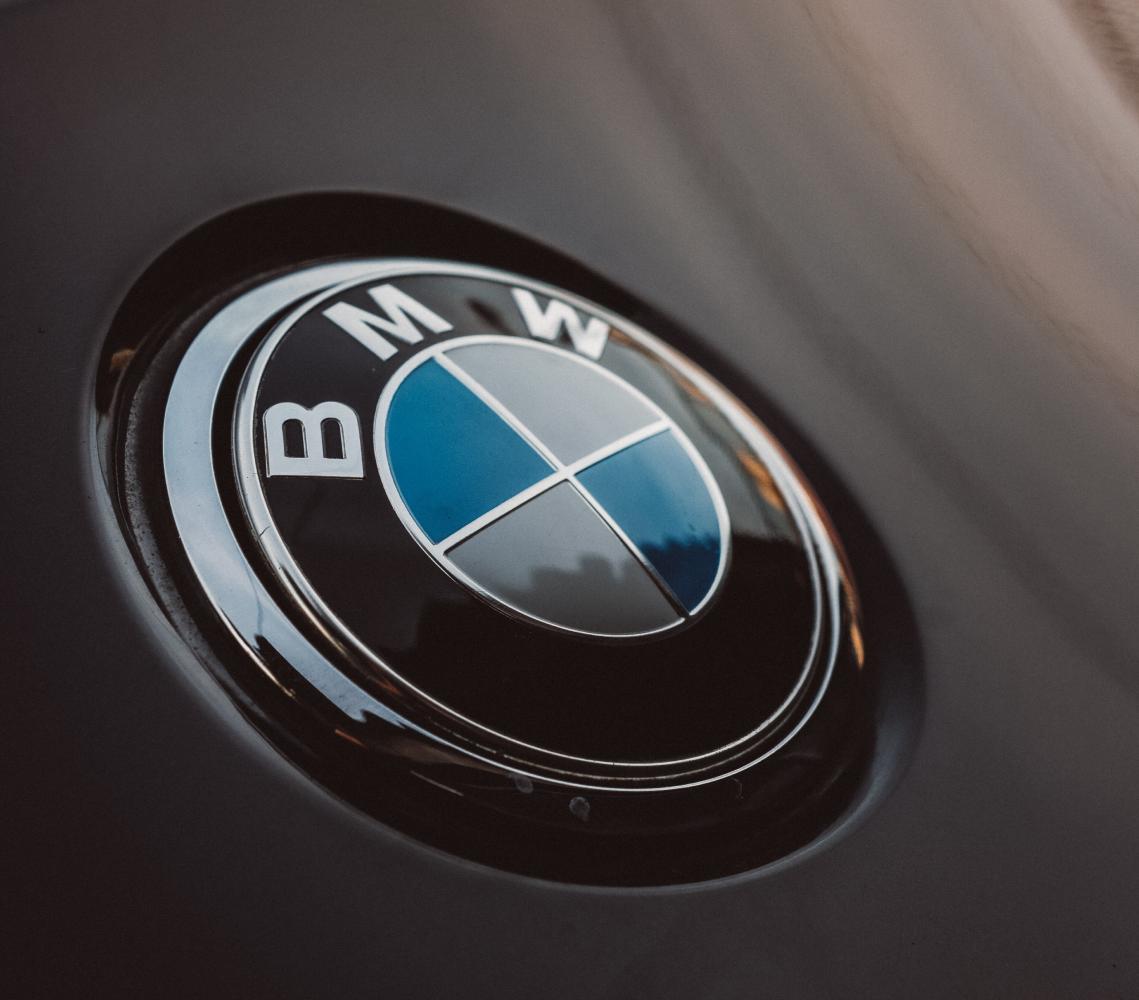
A BMW hybrid lawsuit has moved forward in court after a federal judge dismissed some hybrid battery claims against the automaker while allowing other claims to proceed.
The four BMW plug-in hybrid owners filed the class action lawsuit following a BMW recall in 2020 for 4,509 these BMW hybrid models.
- 2020-2021 BMW 530e
- 2020-2021 BMW 530e xDrive
- 2020-2021 BMW 530e iPerformance
- 2020-2021 BMW X3 xDrive30e
- 2020-2021 MINI Cooper Countryman All4 SE
- 2020 BMW i8
- 2021 BMW 330e
- 2021 BMW 330e xDrive
- 2021 BMW 745Le xDrive
- 2021 BMW X5 xDrive45e
From August 20, 2020, through September 15, 2020, plaintiffs Craig Geller, David Venner, Adam Kavon, and Erin Camden purchased or leased new 2021 BMW X5 plug-in hybrid electric vehicles (PHEVs) in Minnesota, Texas, California and Nevada.
According to the recall, the BMW hybrid batteries may have debris that entered the cells during manufacturing. The debris could cause “a short circuit, increasing the risk of fire or injury.”
BMW said it knew of four hybrid battery fires but no crashes or injuries.
The BMW hybrid lawsuit also notes there was no available repair at the time BMW announced the hybrid battery recall, and owners were warned not to charge their hybrid vehicles. Additionally, hybrid owners and lessees were told not to drive the vehicles in manual or sport modes, and not to use the shift paddles.
According to the class action lawsuit, this meant plaintiffs had an electric vehicle they couldn't use as an electric vehicle. Customers were told BMW was working on a fix for the battery debris problem.
Two BMW hybrid class action lawsuits (Kavon, v. BMW, Burbank, vs. BMW) were filed which were consolidated into one.
BMW Hybrid Lawsuit Motion to Dismiss
In its motion to dismiss the hybrid lawsuit, BMW argued the plaintiffs lacked standing to bring claims on behalf of consumers who purchased different hybrid models as the plaintiffs.
BMW told the judge courts in the same district have "routinely found that Plaintiffs have no standing to pursue claims on behalf of vehicles they never leased, purchased, or used.”
But the plaintiffs said they have standing to bring claims on behalf of those who purchased different models, “so long as the products and alleged misrepresentations are substantially similar.”
According to Judge Kevin McNulty:
"I conclude that the Plaintiffs have standing, and that issues as to the appropriateness of Plaintiffs’ representation of the purchasers of different BMW hybrid models can be addressed at the class certification stage."
The judge also said at the class certification stage, the plaintiffs "will have the burden of proving that the case is appropriately brought as a class action."
Next up, BMW told the judge the Magnuson-Moss Warranty Act (MMWA) claims must be dismissed because the number of named plaintiffs (four) is way less than the required 100 plaintiffs. The judge saw it the same way and dismissed the MMWA claims.
BMW also argued state law warranty claims (express and implied) should be tossed, and the judge dismissed the express warranty claims but ruled implied warranty claims could move forward.
According to Judge McNulty, the BMW hybrid lawsuit implied warranty claim is based on the recall which rendered the hybrid vehicles unfit for their intended purpose, at least until they are repaired.
Because the intended purpose is to operate on battery power, the plaintiffs have not received their “benefit-of-the bargain.”
The hybrid class action alleges customers are faced with either obeying BMW's recall instructions and using their vehicles on gasoline only, or ignoring BMW and risk the battery catching fire.
BMW had success in convincing Judge McNulty to dismiss the MMWA and state express warranty claims, and MMWA implied warranty and implied covenant of good faith and fair dealing claim.
However, the motion to dismiss BMW's hybrid lawsuit was denied as to the state implied warranty claims and state consumer protection claims.
The BMW hybrid battery lawsuit was filed in the U.S. District Court for the District of New Jersey: Kavon, et al., v. BMW of North America, LLC.
The plaintiff is represented by Kazerouni Law Group APC, and the Law Offices of Todd M. Friedman, PC.
SOURCE: CarComplaints.com — BMW Hybrid Lawsuit Survives Motion to Dismiss
CARCOMPLAINTS.COM RSS FEED (https://www.carcomplaints.com/news/feed.xml)
© 2022 Autobeef LLC. RSS Terms of Use: https://www.carcomplaints.com/rss.shtml
Tue Sep 6 11:34:15 2022 | 104.243.42.195 | Mozilla/5.0 (Windows NT 6.1; rv:14.0) Gecko/20100101 Firefox/14.0.1 | GET | ZCXVCBASDF